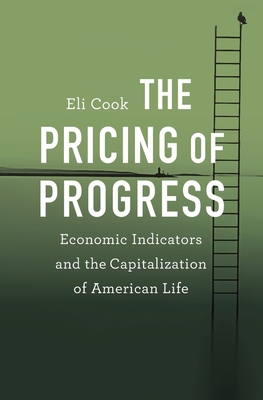Expedite your nonfiction book discovery process with Readara interviews, summaries and recommendations, Broaden your knowledge and gain insights from leading experts and scholars
In-depth, hour-long interviews with notable nonfiction authors, Gain new perspectives and ideas from the writer’s expertise and research, Valuable resource for readers and researchers
Optimize your book discovery process, Four-to eight-page summaries prepared by subject matter experts, Quickly review the book’s central messages and range of content
Books are handpicked covering a wide range of important categories and topics, Selected authors are subject experts, field professionals, or distinguished academics
Our editorial team includes books offering insights, unique views and researched-narratives in categories, Trade shows and book fairs, Book signings and in person author talks,Webinars and online events
Connect with editors and designers,Discover PR & marketing services providers, Source printers and related service providers

The Pricing of Progress: Economic Indicators and the Capitalization of American Life
History > United States - General
- Harvard University Press
- Hardcover
- 9780674976283
- 9.3 X 6.4 X 1.2 inches
- 1.4 pounds
- History > United States - General
- (Single Author) Asian American
- English
Readara.com
Book Description
How did Americans come to quantify their society's progress and well-being in units of money? In today's GDP-run world, prices are the standard measure of not only our goods and commodities but our environment, our communities, our nation, even our self-worth. The Pricing of Progress traces the long history of how and why we moderns adopted the monetizing values and valuations of capitalism as an indicator of human prosperity while losing sight of earlier social and moral metrics that did not put a price on everyday life.
Eli Cook roots the rise of economic indicators in the emergence of modern capitalism and the contested history of English enclosure, Caribbean slavery, American industrialization, economic thought, and corporate power. He explores how the maximization of market production became the chief objective of American economic and social policy. We see how distinctly capitalist quantification techniques used to manage or invest in railroad corporations, textile factories, real estate holdings, or cotton plantations escaped the confines of the business world and seeped into every nook and cranny of society. As economic elites quantified the nation as a for-profit, capitalized investment, the progress of its inhabitants, free or enslaved, came to be valued according to their moneymaking abilities.
Today as in the nineteenth century, political struggles rage over who gets to determine the statistical yardsticks used to gauge the health of our economy and nation. The Pricing of Progress helps us grasp the limits and dangers of entrusting economic indicators to measure social welfare and moral goals.
Author Bio
Eli Cook is a Senior Lecturer in the General History Department at the University of Haifa in Israel and head of the American Studies Program. He received his PhD from Harvard University in 2013. He is an intellectual, cultural and economic historian of American and global capitalism.
His first book, The Pricing of Progress: Economic Indicators and the Capitalization of American Life was published by Harvard University Press in 2017 and won two intellectual history best book awards from the Society for US Intellectual History and from the Journal of the History of Ideas. Focusing on the seventeenth to early twentieth century in the Atlantic World, this book sought to explain why we moderns have come to measure progress in units of money.
His new project examines the idea of "free choice" in neoliberal America.
Source: Haifa University, Israel
Videos
No Videos
Community reviews
No Community reviews

